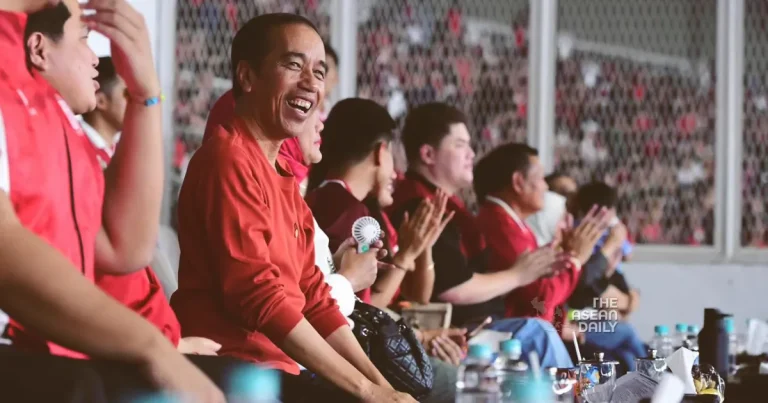13-10-2023 (JAKARTA) As his second and final term in office draws to a close next year, outgoing Indonesian President Joko Widodo, commonly known as Jokowi, faces mounting criticism of building a political dynasty. In response to questions regarding this issue, Jokowi shrugged off the allegations, emphasizing that the choice of leadership should ultimately rest with the people.
The appointment of relatives to various political positions in the run-up to the February 14 election has raised concerns in a nation that only broke free from authoritarian rule 25 years ago. Jokowi’s youngest son, Kaesang Pangarep, recently assumed leadership of a youth party shortly after joining its ranks. His son-in-law holds the position of mayor in the city of Medan. Moreover, Jokowi’s eldest son, Gibran Rakabuming Raka, currently serves as mayor of Solo and is being considered as a potential vice presidential candidate.
Indonesia has a historical record of dynastic politics. During the 32-year rule of President Suharto, his eldest daughter held a cabinet minister post. Additionally, the daughter of Indonesia’s first president, Sukarno, Megawati Sukarnoputri, has served as president and leads the largest party in the parliament, with her own daughter assuming the role of the house speaker.
The race to lead the world’s third-largest democracy is currently dominated by three key figures: Prabowo Subianto, who leads in opinion polls, former Central Java province Governor Ganjar Pranowo, and former Jakarta Governor Anies Baswedan. These three, along with their running mates, are expected to officially register as candidates from October 19 to October 25.




